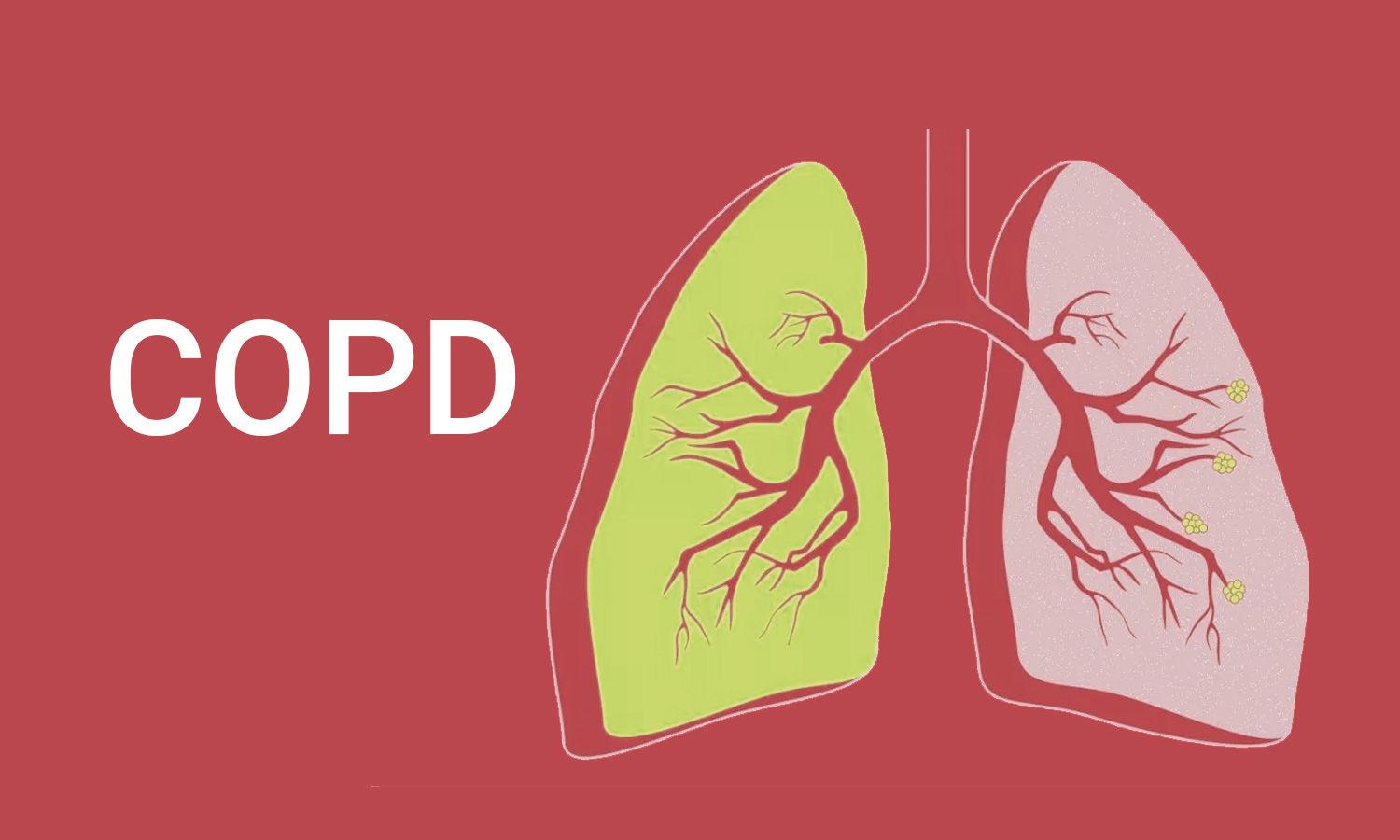Contributed by: Healthians Team
COPD or chronic obstructive pulmonary disease is a combination of lung diseases that blocks the airflow and makes it tough to breathe properly. COPD causes coughing that produces a large amount of mucus, wheezing, chest tightness, shortness of breath, and other symptoms. It is a progressive disease that gets worse day by day.
COPD is made up of the two most common conditions: Emphysema and chronic bronchitis. These two conditions occur simultaneously and can differ in severity among people with COPD. Emphysema gently damages air pouches in the lungs that hinder outward airflow. With time, air sacs become weakened and tear causing larger air spaces instead of small ones.
Chronic bronchitis is swelling of the wall of the bronchial tubes which transfer air to and from the air sacs of the lungs. It is identified by regular cough and mucus production. In this article, we will explore symptoms, causes, and complications.
Symptoms of COPD
COPD makes it difficult to breathe. Signs may be moderate at first but with time, they become more constant resulting in the toughness of breathing. Generally, symptoms start appearing when someone gets severe lung damage. The most common symptoms of COPD include:
- Shortness of breath, especially during physical activities
- Wheezing
- Chest tightness
- Frequent respiratory infections
- Lack of energy
- Unintended weight loss
- Swelling in ankles, feet, or legs
- Acute exacerbations
Causes of COPD
Air goes down in the windpipe and into your lungs through two large tubes. Inside your lungs, these tubes are distributed into various smaller tubes known as bronchioles that end in groups of tiny air sacs. The air pouches have tiny shallow walls full of tiny blood vessels. The oxygen you intake moves into these blood vessels and enters your bloodstream. At the same, carbon dioxide, a gas that is a waste metabolism needs to exhale.
The lungs depend upon the natural flexibility of the bronchial tubes and air pouches to move air in and out but COPD makes them lose their flexibility and over-expand which leaves some air trapped in your lungs when you exhale. Following are some common causes of COPD:
- Smoking
- Exposure to chemicals and fumes in the workplace
- Pipe, cigar, and other types of tobacco
- Breathing in second-hand smoke such as air pollution, dust from the workplace, and so on
- Genetic predisposition
- Asthma
Complications of COPD
COPD may lead to various complications such as:
- Respiratory infections
- Heart problems
- Lung cancer
- High blood pressure in lung arteries
- Depression
The bottom line
The best way to prevent COPD is to quit smoking as we just discussed smoking is the principal cause of COPD. Stay away from second-hand smoking and consult with your doctor about products and programs that can help you to quit smoking.




